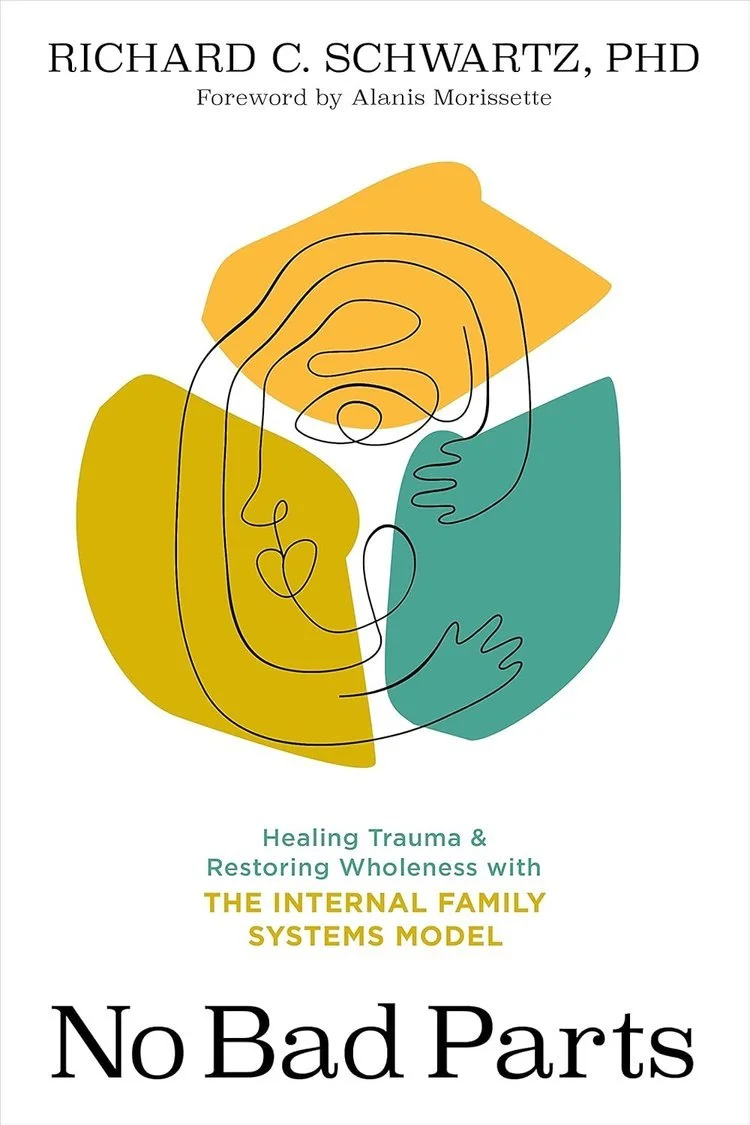Anxiety — How to Recognize and Respond
This is a natural part of being human
Anxiety is a natural part of being human. It’s our brain’s way of keeping us alert to potential dangers, helping us prepare for challenges, and motivating us to take action. Everyone experiences anxiety from time to time—whether it’s before a big presentation, during an important life transition, or even in everyday situations like running late or making a difficult decision.
In moderation, anxiety can be helpful. It sharpens our focus, increases our awareness, and even pushes us to perform at our best. However, when anxiety becomes overwhelming, persistent, or disproportionate to the situation, it can interfere with daily life, making simple tasks feel daunting.
Widening the perspective
Anxiety is both a natural function of the mind and an imbalance in the body’s energy. Western psychology sees it as an overactive nervous system response, while Eastern traditions view it as disrupted life force or attachment to fear. Rather than a flaw, anxiety is an impermanent state that calls for mindful awareness. By integrating both perspectives, we can approach anxiety with compassion—balancing the nervous system through breathwork and meditation while reframing thoughts to cultivate resilience and peace.
Noticing Anxiety
Anxiety speaks to not only our mind but also our body — take a look at the list below and notice what resonates for you.
Physical Symptoms
Rapid heartbeat or palpitations
Muscle tension or tightness (especially in the shoulders, neck, or jaw)
Stomach discomfort, nausea, or digestive issues
Cognitive Symptoms (Thought Patterns)
Persistent worry, even about small things
Overanalyzing past conversations or future events
Doubting decisions or needing excessive reassurance
Emotional Symptoms
Feeling overwhelmed or out of control
A sense of restlessness or unease
Feeling detached or disconnected from reality (derealization/depersonalization)
Behavioral Symptoms
Procrastination due to fear of failure or making mistakes
Overcommitting or keeping busy to avoid anxious thoughts
Difficulty starting or completing tasks due to mental overwhelm
Social Symptoms
Overanalyzing social interactions (replaying conversations in your head)
Fear of judgment or embarrassment in public
Feeling disconnected from others even when surrounded by people
Spiritual or Existential Symptoms
Questioning one’s purpose or meaning in life
Feeling a deep sense of unease about the future
Seeking constant certainty in an uncertain world
Off The Page: Actioning The Insights
Managing anxiety with your individualized toolkit
Anxiety is a normal response to tension, not a failure. Recognizing it helps us understand our unique triggers and build a personalized coping toolkit. With mindfulness, self-compassion, and intentional practices, we can turn anxiety into a guide for resilience and balance.
Take from the list below this week, if anxiety shows up, and recognize your response. The recognitions you make during these practices can inform coping strategies that speak to your unique needs.
Identify Triggers
Journal or reflect on situations that consistently cause anxiety to recognize patterns
Name Your Emotions
Labeling feelings (“I am experiencing anxiety” vs. “I am anxious”) can create distance and reduce overwhelm.
Challenge Anxious Thoughts
Ask, “Is this thought based on fact or fear?” to reframe negative thinking.
Practice Gratitude
Shift focus by writing down three things you’re grateful for each day.
Engage in Self-Inquiry
Ask yourself, “What do I need right now?” to meet your anxiety with care instead of avoidance.
Reflect on Strengths
Recall past challenges you’ve overcome to remind yourself of your resilience.
I believe self-reflection is essential for developing personalized coping strategies. I hope these strategies help you identify your stress triggers, as these insights are key to creating a tailored support plan. If you'd like to share your reflections or explore an individualized toolkit, feel free to reply to this email or schedule a consultation below.
You and Your Parts — an integrated understanding of yourself
Richard Schwartz, the founder of Internal Family Systems (IFS), views anxiety as a complex emotion that often arises from the interactions of different parts of the self. From an IFS perspective, anxiety isn't seen as a singular feeling but rather as a product of internal conflicts or unhealed wounds that various parts of the self are grappling with.
I use the IFS approach to help my clients navigate emotional challenges and here I offer up a great read with journaling prompts and reflective questions to help you uncover the root causes of present-day difficulties.
Thank You
Thank you for joining me this week! I’m excited to keep sharing insights from my work, research, and personal journey with you.
Did something resonate with you? Curious about applying these strategies in your life? Or know someone who might benefit?
Use the link below to schedule a consultation or forward this newsletter to a friend!
Let your voice be heard —
Click the button below to share anonymous feedback on Mindful Monday. This will support me in continually bringing aligned insights that you all can action in your day to day life to witness a shift.
● Ads
Read More


